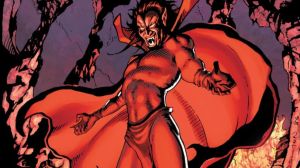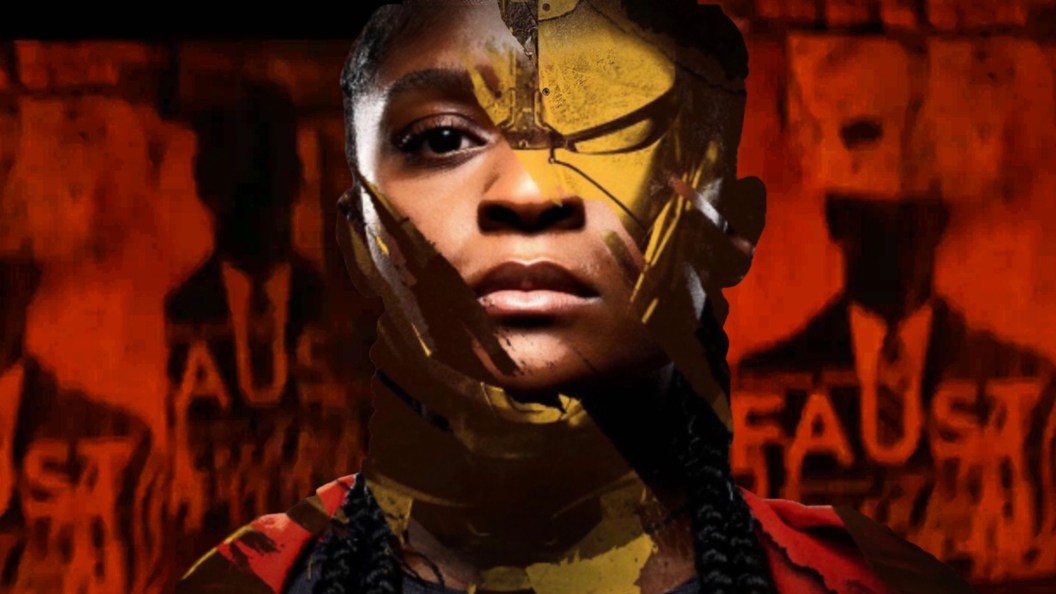
Marvel’s new Ironheart is over, and it’s fair to say it leaves some questions unanswered. Riri Williams’ second appearance in a live-action MCU project brought with it major ties back to Iron Man’s movies, new magic users, and enough villains drawn from Marvel Comics to form a small army. It also dropped a twist at the end that could genuinely have game-changing ramifications for the sprawling franchise. Provided either Marvel Studios or Marvel Television actually deliver on what’s been teased. The confidence with which the ending sets up more suggests they will, but Harry Styles and Mahershala Ali will both tell you that sometimes MCU confidence is misplaced. It should go without saying, but MAJOR SPOILERS for Ironheart follow.
What Happens In Ironheart’s Ending & Why It Matters
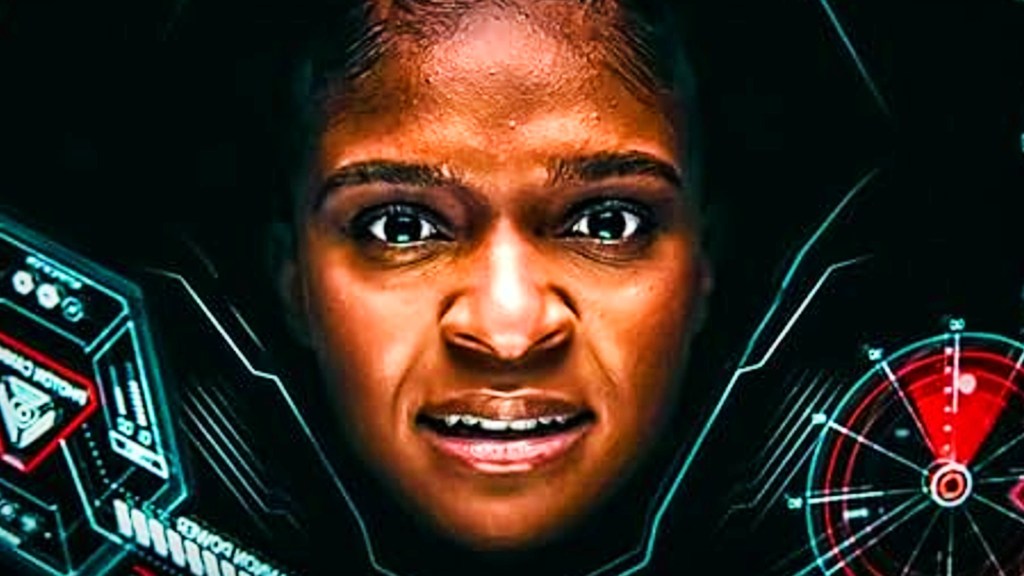
As Ironheart’s sixth episode reaches its climax, Riri Williams makes a surprising and devastating choice. Faced with the chance to bring her best friend Natalie back from the dead, she accepts an offer from Mephisto – with Marvel’s demonic dealmaker played by Sacha Baron Cohen, as long rumored – to restore Natalie’s life in exchange for something far less tangible but far more dangerous: something she “won’t miss.” Her soul. It’s a hell of a twist, both literally and narratively. The brilliant, defiant teen inventor who helped save Wakanda and mankind, built a suit of armor in honor of Tony Stark now stands on the edge of moral collapse, seemingly unaware of the true cost.
There are, of course, other specifics to the ending, and actually, it’s all a bit cyclical. Zeke Stane (Alden Ehrenreich) levels up into a biomechanical weapon, who Parker can control because his name is entered into the admin box of his programming (this is genuinely not a joke). He then puppets Zeke into attacking Riri, but he actually already has beef with her for getting him arrested (which prompts him to transform his body in the first place). Ultimately their battle is sort of a stalemate, only for Zeke to say they still have unfinished business, setting up another chapter of their dance. Parker, meanwhile is defeated, loses his Hood to Riri (it’s then not mentioned again), and loses both his gift from Mephisto and the curse. He turns up in a mid-credits scene looking for a way to restore his powers at the Stantons’ shop (they’re secret partly-self-trained sorcerers, remember).
But it’s Riri’s ending that matters most here, and it actually is a bold ending, and in isolation, it’s admittedly interesting. The idea of a young hero corrupted at the start of her journey – not by greed or arrogance, but grief – is emotionally rich, and actually far more nuanced than Riri’s slightly pig-headed desire to just realize her own greatness. The final scene lingers on Riri’s reaction as Natalie stands alive once more, unaware of what’s been sacrificed on her behalf. But instead of paying off Ironheart’s themes, the twist feels like a pivot toward something more dramatic that the show didn’t entirely earn. It repositions the entire series as a setup for what comes next – assuming, of course, there is a next. And that’s where the problem lies.
The Secret Invasion Problem: Saving the Good Stuff for Last
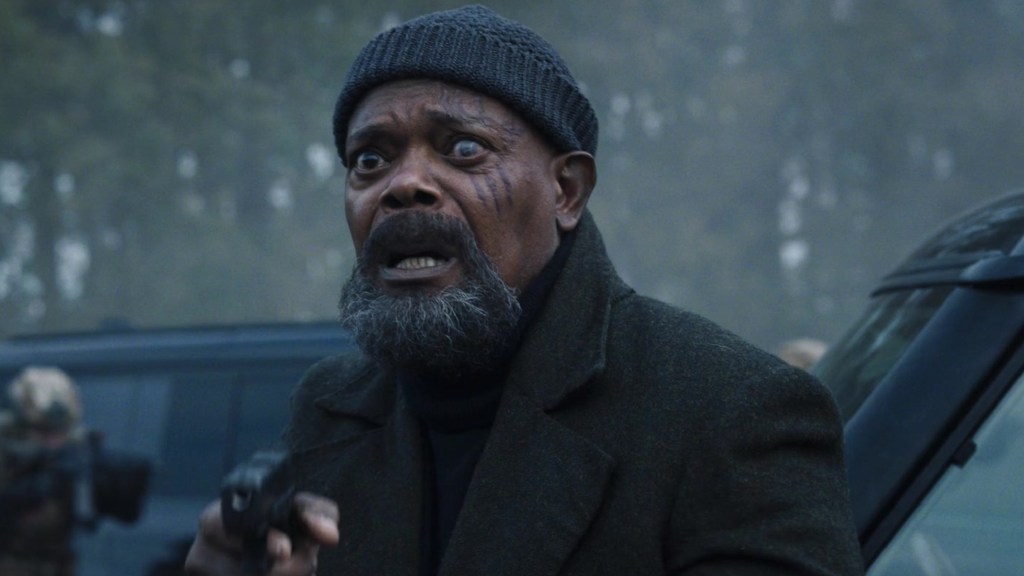
This is not the first time Marvel has made the mistake of leaving a show’s most interesting twist to the end. Secret Invasion did the same thing, and arguably did it worse. That show, which promised a slow-burn espionage thriller about paranoia and shape-shifting aliens was anything but, and then finally threw in its only good idea just as the credits rolled. Earth is infiltrated by Skrulls, the U.S. government is thrown into chaos, and vigilantes are openly executing suspected aliens. It’s a provocative setup for a series that had spent most of its runtime dithering, and made you wonder why the hell that wasn’t the series in the first place.
Ironheart falls into the same trap. The Mephisto reveal and Riri’s tragic deal feel like the actual beginning of the story we wanted – the supernatural consequences of her genius, the weight of impossible choices, and the cost of resurrection. But we get that only in the final minutes, and the vague promise of more that also doesn’t feel likely in Marvel’s current plans. The preceding five-and-a-half episodes, by contrast, were a mixed bag: some strong character beats, a few standout visuals, and a lot of strange wheel-spinning. The show was never bad, but it in the end, it all felt like prologue.
Like Secret Invasion, Ironheart tries to salvage middling pacing with a massive twist, gambling that the promise of future storylines will retroactively elevate what came before. But that only works if the audience trusts there is a future – and after multiple canceled or shelved MCU shows, that’s no longer a safe bet.
What Ironheart’s Ending Sets Up… If Marvel Follows Through
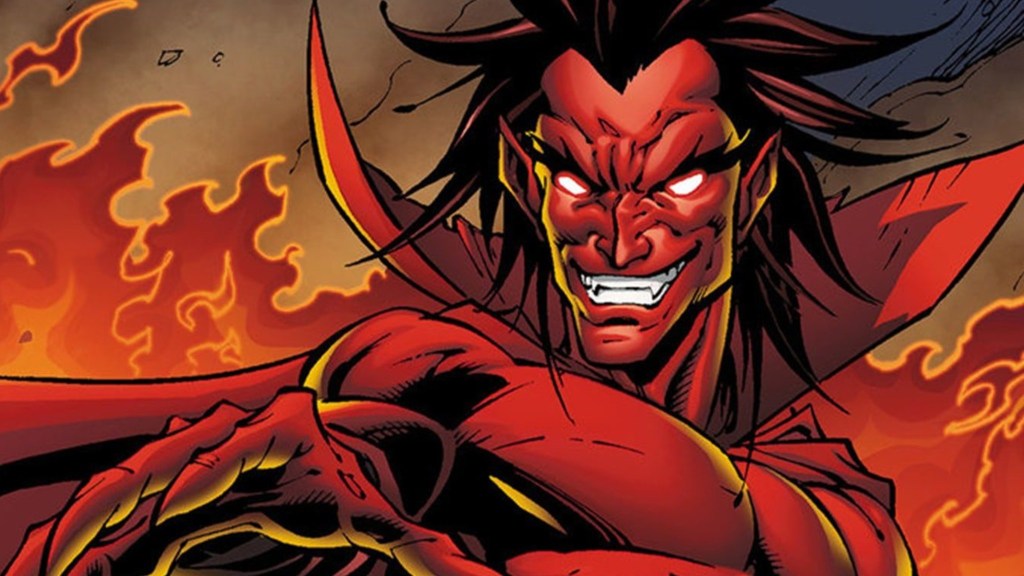
Ironheart’s ending clearly lays groundwork for more. There’s the possibility of a second season that deals with the consequences of Riri’s bargain: what it means to live with a resurrected best friend, what Mephisto really wants, and how Riri will cope with the creeping corruption of her soul. It’s a natural bridge into more mystical corners of the MCU – Strange Academy, an occasionally rumored project about young magic-users, seems like a logical alternative too. Especially with Zelma Stanton – a key figure in that comic – introduced.
Intriguingly, there’s also the possibility of Riri still playing a larger role in Young Avengers, another long-teased but unconfirmed team-up of the MCU’s newer, younger heroes. Her moral compromise, alongside other characters grappling with heavy legacy and trauma (Kate Bishop, America Chavez, Kamala Khan), could give that ensemble real narrative weight. And Mephisto taking the role of his son Blackheart in a very similar story of Riri’s corruption (but with the Champions not the Young Avengers) is quite easily plottable from here.
And then there’s Armor Wars, the long-delayed Don Cheadle-led project exploring Stark tech falling into the wrong hands. It might not be set up directly, but Zeke Stane’s transformation, the mention of the black market of tech, and Riri herself all fit neatly into that premise, especially if the wrong hands include her own. And of course, Riri could simply appear in Avengers: Doomsday with the added intrigue of her demonic sidecar passenger. It’s a strange thing to add to an ensemble like that, but without anything announced between there and now, there’s definitely a possibility.
But all of this is theoretical. What we do have is a finale that ends not with closure, but with a question mark. That might be fine in a thriving, interconnected universe, but the MCU is no longer in that place. Right now, a story that puts all its best cards on the final turn doesn’t feel like a tease – it feels like a busted hand, like Secret Invasion. And for a show as ambitious as Ironheart, that’s more than a structural issue. It’s a missed opportunity.
All 6 episodes of Ironheart are streaming on Disney+ now.
The post Ironheart’s Cliffhanger Ending Repeats The Same Mistake That Sunk The MCU’s Worst Show appeared first on ComicBook.com.

